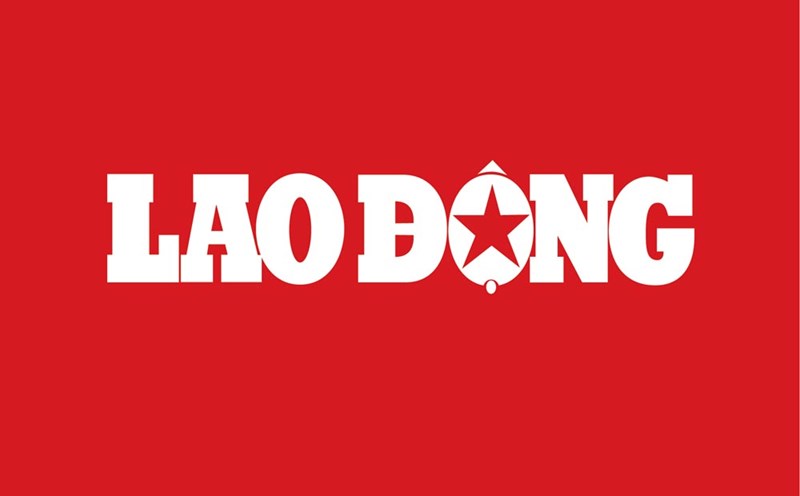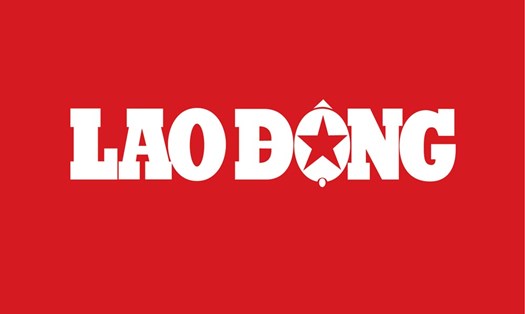Russia's central bank surprised markets last week by keeping its key interest rate unchanged at 21 percent, citing stronger-than-expected monetary tightening to help curb high inflation.
“Monetary conditions have tightened more significantly than anticipated in the October base rate decision,” the bank said, noting “spontaneous” factors not directly related to its monetary policy.
“Given the significant increase in lending rates and the decline in credit activity, the current level of monetary tightening creates the necessary conditions for restoring disinflationary processes, despite the current high price pressures and strong domestic demand,” the Central Bank of Russia stressed.
The move surprised analysts, as markets had previously expected the bank to raise interest rates by 200 basis points to control inflation, which has been driven by military spending on the conflict in Ukraine and sanctions from the West.
The bank said it would reassess the need for a rate hike at its next meeting in February 2025. It now forecasts annual inflation to fall to its 4% target by 2026 and remain stable over the longer term.
The decision to keep interest rates unchanged came just a day after Russian President Vladimir Putin admitted at his annual press conference on December 19 that inflation was a concern.
However, Mr. Putin remained optimistic about economic growth, saying the Russian economy could grow between 3.9% and 4% this year.
“Of course, inflation is a worrying signal. But I would like to emphasize that real disposable incomes of citizens and average salaries have grown faster than inflation, reaching 9% this year,” Putin said.
The International Monetary Fund (IMF) forecasts that the Russian economy will grow 3.6% in 2024, but will slow to 1.3% in 2025.
The slowdown in growth was due to weaker private consumption and investment amid a less tight labor market and slower wage growth, according to the IMF.









